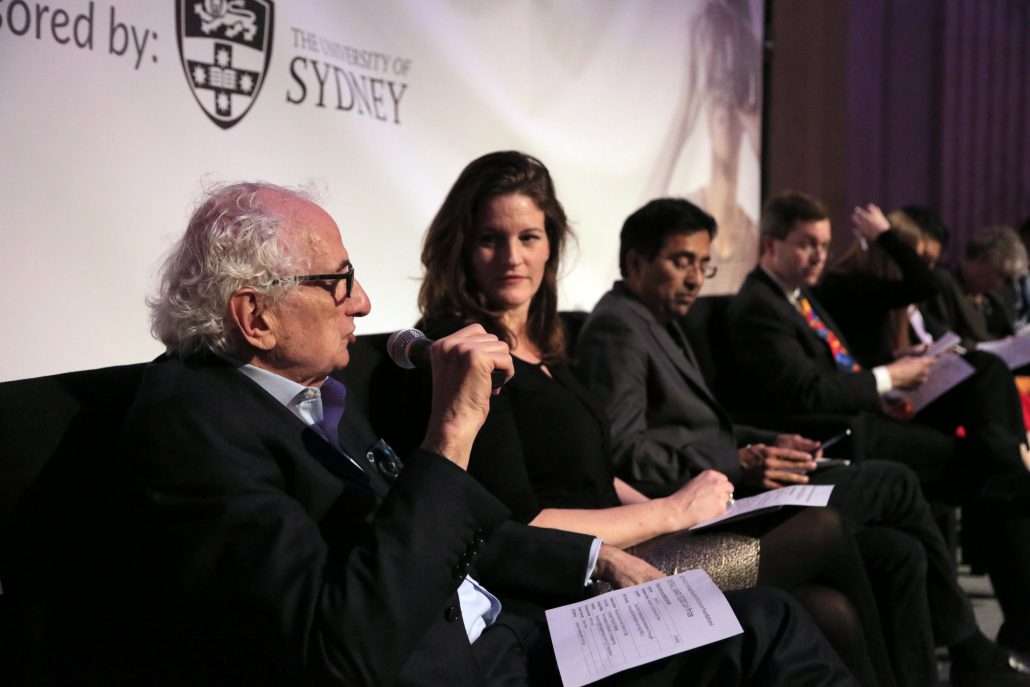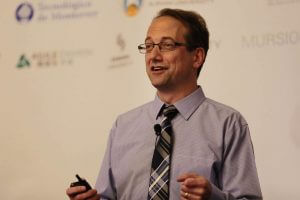REIMAGINE NEWSLETTER: ISSUE 19
ENDORSED BY ENTREPRENEURS: HOW THIS HIGH SCHOOL TEACHER IS MAKING THE CLASSROOM A SAFE PLACE TO FAIL
Editorial Overview
What’s been happening at Reimagine this month? It’s been a typically relentless month in North London, and highlights include:
- Bringing our flagship 1100-institution-strong higher education evaluation to the world, in the form of the 2018 QS World University Rankings by Subject;
- Finalizing your 2018 Reimagine Education Conference venue: our gala dinner and elite educational forum will be held at the Grand Hyatt Hotel in San Francisco;
- Continuing the 2018 call for applications to the Reimagine Education Awards: we’re again overwhelmed by the global interest in our competition, with over 200 applications submitted already! Do not throw away your shot.
- Reaching out to educational specialists to join our judging panel – our call for expert evaluators will continue until the 31st May;
- Entering into extremely productive discussions about revamping the conference model – to ensure that we truly make Reimagine an environment for the fostering of best practice, we’re inviting academic faculty, high-school teachers, and edtech solution providers to propose a workshop for this year’s conference. All workshops accepted by our Steering Committee will be fully certified, and turn the conference into an outstanding professional development opportunity.
We also have a range of contributions from those working in education – check them out below!
Issue 19: Contributions
This edition’s contributions come from:
- Robyn Shulman, who shares her Forbes interview with ‘one of the few teachers I’ve ever met who brings education, hands-on entrepreneurship, real-world change, innovation, and collaborative skills into his classroom’
- Sophie Bailey of the Edtech Podcast, who’d like to invite all UK Reimaginers to the Edtech Podcast Festival, a gathering ‘of 200 educators, education leaders, policy makers, technologists, investors, learners and media’;
- Guest blogger Victoria Greene, who’s keen to remind Reimagine applicants that integrating technology into classrooms isn’t just a pedagogical issue – it’s also a health and welfare one.
Judging
We’re continuing our call for expert volunteer judges to help evaluate this year’s entrants to Reimagine Education. Want to:
- Gain extensive insight into improvements in education across the world?
- Receive global visibility for your role on our judging panel?
- Acquire accredited acknowledgement for your contribution?
- Receive a complimentary ticket to this year’s Reimagine Education conference?
Then we invite you to join the judges! Our call for judges will remain open until the 31st May, and all those who profess expertise in education are invited to apply for consideration. Submit your application here.

Speaking
If you’re an expert in your field, keen to contribute to urgently-needed debate about the future of education, then we want to hear from you! Our 2018 Call for Speakers has opened, and we’re accepting applications from educators worldwide! This year, we’re offering especial preference to those that can offer case studies of successful pedagogical innovation – demonstration above speculation, efficacy before prophecy.
Particularly desirable are case studies pertaining to successful implementation of:
- Artificial intelligence
- Virtual reality/augmented reality
- Learning analytics
- New forms of learning assessment (e.g. adaptive comparative judgement)
- Curricular redesign
- Approaches at the intersection of neuroscience and pedagogy
- Adaptive learning
- Hybrid learning approaches.
If you would like to convene a panel, please contact [email protected] with your proposal. You can apply to speak at http://bit.ly/Reimagine18Speakers.

Introductory Papers
Those who have only just been introduced to Reimagine Education are offered five introductory papers on the key focuses of Reimagine Education, which outline some basic information about each focus, and introduce some of the debates that we take up at the event.
We’ve written on:
Technology and pedagogical innovation
The Global Skills Gap: Student Misperceptions and Institutional Solutions


